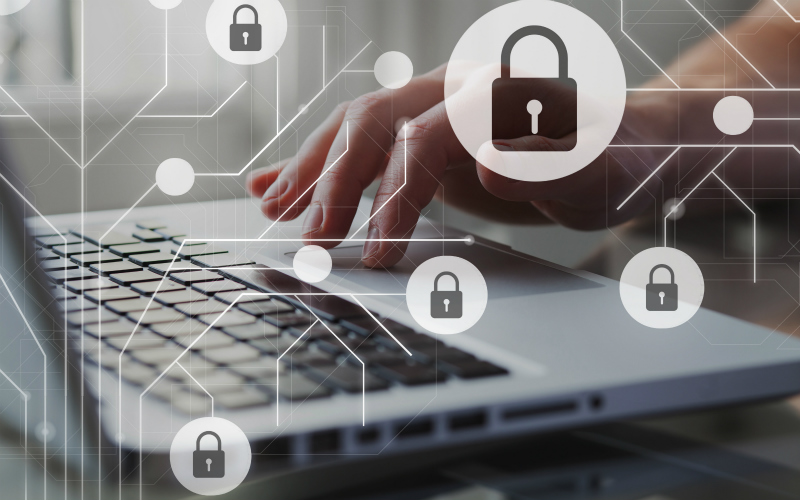
As technology advances, is data being processed in the correct way, and are we protecting data from misuse?
We've seen 2015 already in "Back to the Future: Part II" albeit some of its technological predictions were slightly offline. Even if they got a few things right (wearable technology and thumbprint scanners), missing out on the Internet and smartphones was a significant error.
In the real world, the annual Consumer Electronics Show took place last week in Las Vegas. Some of the most interesting exhibits showed how the "Internet of Things" is coming.
The "Internet of Things" is, basically, tech-speak for devices which can talk to each other by sharing data via the Internet. For example, your household lights or heating could be set to switch on when they receive a signal from your phone that your car is in the driveway. Your watch could switch on your oven or kettle on, or run a bath to a certain temperature and depth. Washing machines could be set to come on when your smart meter registers a dip in electricity prices. Your bathroom scales could connect directly to your slimming club!
If this sounds futuristic, it isn't: much of this technology is already here. Internet-enabled Phones, watches, cars and glasses are already on sale. The range of devices they can talk to is widening all the time.
And, as always, technology moves quicker than the law. Information about how we live our lives is data which can be mined, analysed and used to inform business decisions by people who want to sell us things or make their businesses more efficient. This has benefits for us all, of course, but not everyone may value them in the same way.
The Information Commissioner's Office and Which? have already raised queries about the extent to which privacy might be difficult to protect in this new world. The Data Protection Act, which dates from the mid-1990s, does set down security requirements and general principles for processing of personal information. Other information can be more widely mined and analysed. New technology is usually rolled out with "take it or leave it" terms and conditions which consumers need to accept to be able to use the devices to their full potential. While many people aren't bothered about this, not all of us read or understand these and know what happens to our information.
Protecting the data from misuse will become more important. If your house is managed by packets of information flowing through a broadband router, how secure is that? Your household insurers might want to know.
The scope for service interruptions or faults with domestic broadband to cause serious harm, not just disruption and annoyance, could increase significantly if internet connectivity becomes as important as heat and power. While businesses usually have continuity and back up plans, households generally don't.
We'll see the technology and its huge benefits first, of course, but let's hope the safeguards aren't too far behind.
Liam McMonagle is an expert in the law of Intellectual Property, Technology and Media, one of Thorntons team of leading specialists. We are always delighted to talk without obligation about whether we might meet your needs.Call Liam on 01382 229111 or email lmcmonagle@thorntons-law.co.uk
